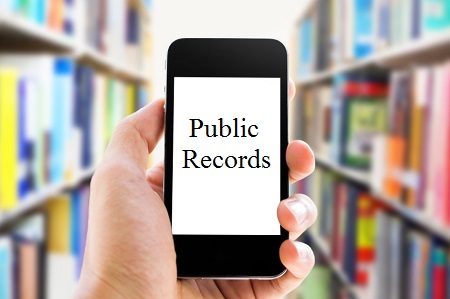
More
Open Government:
Public libraries provide a wide range of valuable services to their local communities. They lend books and materials, assist with education at all levels, and provide access to computers, technology, and the Internet. The idea of pooling together funds to purchase resources that can be used over and over by lots of people is a brilliant one.
Another way that they provide an invaluable service is by helping people access data and information. Librarians are constantly trying to make sure that they are aware of all the latest databases and resources that can be accessed online or offline. One particular area where they excel is helping people access public records at libraries. You can now easily access records, documents and external third-party data of all sorts at your local library.
A major component that is mandatory for any successful democracy is public accountability. Not only do elected representatives tend to work harder by knowing that constituents will hold them accountable for bad judgement, but citizens tend to repose far greater confidence and trust in governments that function with full transparency.
One excellent means of ensuring fully transparent governance is to maintain feely accessible public record archives. Perhaps the best place to begin learning more about maintenance and accessibility of public record archives is the local public library. Freely accessible records pertaining to government budgets, expenditures and vital statistics are available upon properly submitted formal request. Such information is accessible for no charge by both private individuals and organizations such as news media and civil libertarian watchdog groups like the ACLU. This helps voters make better choices about which candidate(s) delivered the best results after previous elections.
Still another key element that is indispensable for any viable democracy is teaching the ideals, principles and history that made this the greatest nation on Earth. Unfortunately, however, America’s present systems of public education fall woefully short of this primary duty. The evidence is clearly visible to any desiring or denying party (ies). Among the most persuasive supporting documentation are extremely low average scores of U.S. high school graduates on the U.S. Citizenship and Immigration text.
Another sample is published findings from a recent Pew Research Center study that just 4 percent of U.S. high school students could pass the standardized immigration examination. Further research by Pew found that just one-third of American citizens are able to name even one of its three governmental branches. Such alarming discoveries vividly illustrate precisely how little focus schools place on teaching young people about America’s founding principles and fundamental values during their most impressionable developmental stages.
Hence, it is long past high time for everyone concerned to wake up, smell the coffee and make definitive moves to rectify matters before they reach the boiling point of no return.
Fortunately, some clear signs of massive efforts toward positive change and forward progress do exist. One among many others of the same kind is the Civic Education Initiative, a piece of proposed legislation to require all U.S. high school seniors to complete a course with identical materials as those used to prepare immigrants to pass the standardized exam required for naturalized U.S. citizenship. Throughout that ongoing endeavor, many states have followed suit by implementing the proposal as a means to enhance civic education within their respective legal jurisdictions.
Despite all above-mentioned encouraging developments, an undeniable fact remains that our nation’s educational system simply must do a better job of teaching civics if the Land of the Free and Home of the Brave hope to have a snowball’s chance in you-know-where to sustain democracy for future generations.
The most effective antidote for the dismal state of U.S. civic education is exposure to the proven best disinfectant of all: sunlight. In practical terms, that means opening long closed dark closets to liberate all skeletons hiding therein to make way for heightened public awareness of both the vital importance and virtually complete void of citizenship education across the nation. Father Time has well proven that threatened or actual exposure of potentially compromising facts has an uncanny way of prompting very prompt, proactive remedial measures.